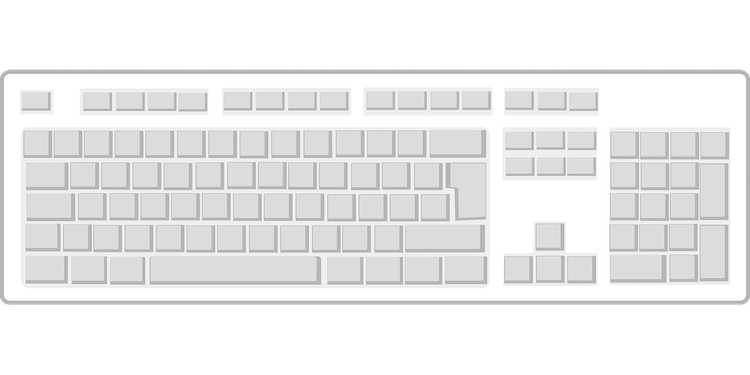AI technology is increasingly used to express, or misrepresent, the opinions of both historical and contemporary figures. A notable instance occurred when President Biden’s voice was cloned for a robocall targeting New Hampshire voters. With AI's rapid advancements, the emergence of AI-generated personas as potential political candidates is now within the realm of possibility. While this idea may sound far-fetched, the technology to create such virtual political actors is already available.
Numerous examples highlight this potential. Interactive technologies are bringing historical figures and concepts to life, fostering a more informed and engaged society. For instance, the “Hello History” app allows users to interact with chatbots representing individuals like Marcus Aurelius and Martin Luther King Jr., enhancing understanding of historical events while providing entertainment. Similarly, a Vincent van Gogh exhibit at Musée d’Orsay in Paris features a digital depiction of the artist, where visitors can engage with a chatbot that answers questions based on over 800 of his letters. Other examples include AI interactions with military veterans at World War II museums.
However, the rise of deepfake technology raises significant ethical concerns. This technology employs AI to manipulate audio and visual content, making it increasingly challenging to distinguish between authentic and fabricated material. While it has legitimate uses in education and entertainment, deepfakes are also used to impersonate public figures, potentially swaying public opinion and impacting elections.
Recent events illustrate the political implications of deepfake technology. For instance, Imran Khan, Pakistan’s former prime minister, campaigned from jail using AI-generated speeches that mimicked his voice, significantly influencing voter turnout. In Indonesia, a political party created a deepfake video of former president Suharto, encouraging voters to support a military-backed candidate. This video garnered 5 million views shortly before the election, exemplifying the power of AI to sway public sentiment. In India, a digital version of M. Karunanidhi has been showcased at public events, despite his passing in 2018, further demonstrating the potential manipulation of AI in politics.
The era of AI-driven deepfakes in politics has become a reality. This technology enables the creation of highly realistic digital personas, making it feasible to simulate conversations with historical figures or craft entirely new digital candidates. Imagine a scenario where an AI-generated persona, such as "Milkbot," designed to represent the ideals of Harvey Milk, leads a write-in campaign in a mayoral election. Leveraging social media for outreach and public engagement, the novelty of such a candidate could yield significant voter support, potentially outpacing traditional candidates.
If a digital persona were to receive more write-in votes than any official candidate, this outcome could prompt legal challenges and redefine what constitutes a legitimate candidate in elections. The implications for representation, accountability, and the ethical use of AI in political contexts would be profound, raising critical questions that already exist in contemporary political landscapes.
Exploring the role of digital personas in political commentary could serve to highlight public dissatisfaction with existing options and encourage discussions around technological governance. This raises interesting ethical debates regarding the appropriateness and legitimacy of AI-generated candidates. As we navigate the increasing integration of technology in democratic processes, it is essential to consider not only the implications for electoral politics but also how these developments might influence our understanding of democracy and human-AI interaction.
As this landscape evolves, it remains to be seen how these AI technologies will shape political discourse. Experts and scholars should engage in discussions surrounding the integrity and implications of robotic personas in leadership roles, ensuring we uphold the principles of democracy in an ever-changing technological environment.







